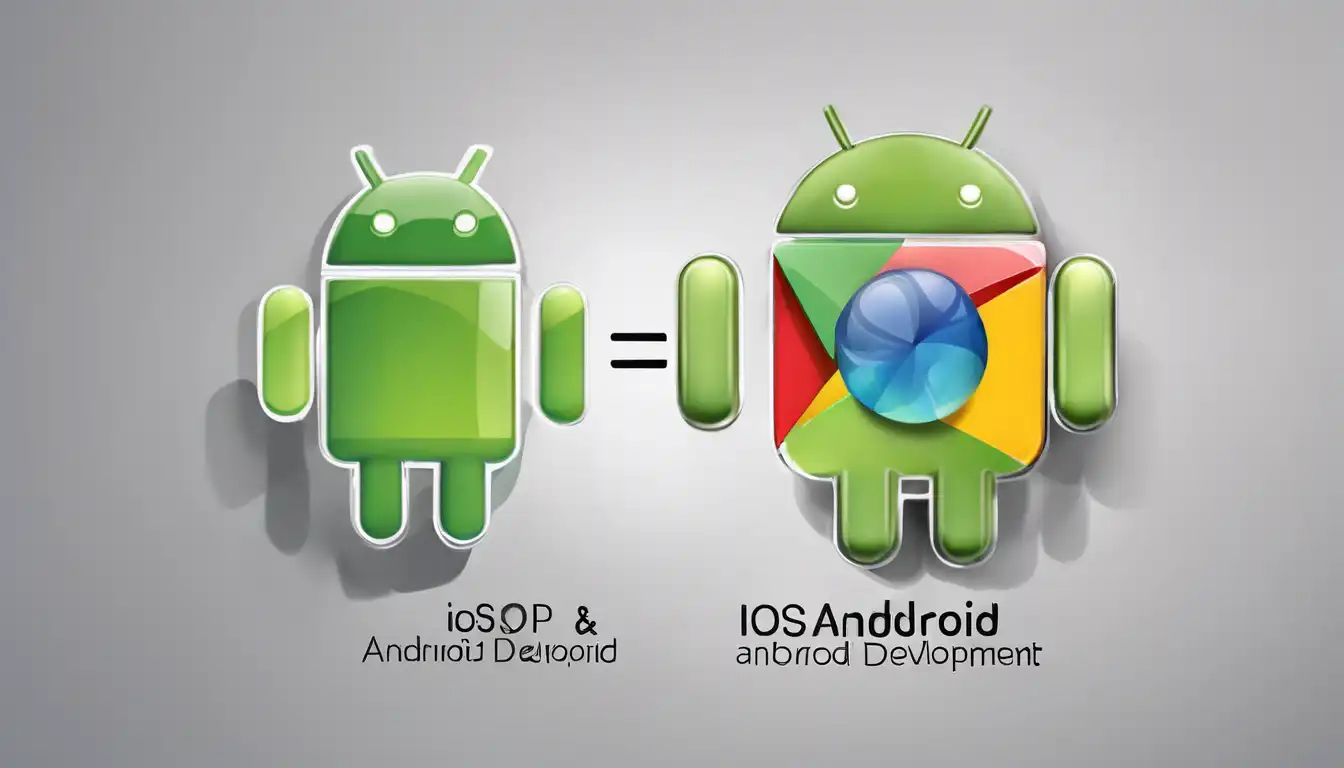Understanding iOS and Android Development
When it comes to mobile app development, iOS and Android stand out as the two dominant platforms. Each has its unique ecosystem, development tools, and programming languages, making the choice between them crucial for developers and businesses alike.
Development Languages
iOS apps are primarily developed using Swift or Objective-C, languages designed by Apple for its ecosystem. On the other hand, Android apps are mostly written in Java or Kotlin, offering a different approach to app development.
Development Environments
Apple provides Xcode as the integrated development environment (IDE) for iOS, which is exclusive to macOS. Android developers use Android Studio, available on multiple operating systems, providing more flexibility in terms of development hardware.
User Interface Design
iOS and Android have distinct design philosophies. iOS follows Apple's Human Interface Guidelines, emphasizing clarity and depth. Android adheres to Material Design principles, focusing on a more flexible and adaptive interface.
App Distribution
The App Store for iOS and Google Play for Android differ in their app submission processes, review times, and monetization options. Understanding these differences is vital for developers aiming to maximize their app's reach and revenue.
Market Share and Demographics
Android leads in global market share, making it a go-to for reaching a wider audience. iOS users, however, tend to spend more on apps, presenting a lucrative opportunity for developers.
Performance and Optimization
iOS devices are limited in number, allowing for easier optimization. Android's vast device ecosystem requires more extensive testing to ensure compatibility and performance across different hardware.
Conclusion
Choosing between iOS and Android development depends on various factors, including target audience, development resources, and monetization strategies. By understanding the key differences, developers can make informed decisions that align with their goals.
For more insights into mobile development, check out our guide on mobile development trends.
